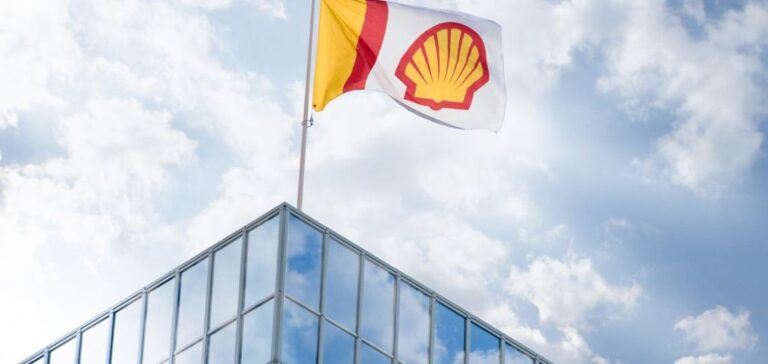Shell Energy North America (SENA), a subsidiary of Shell plc, has finalized the acquisition of RISEC Holdings, LLC, further solidifying its strategic presence in the ISO New England energy market. This transaction includes a 609 MW combined-cycle power plant located near Providence, Rhode Island.
Securing supply through strategic acquisitions
The RISEC-operated power plant combines gas and steam turbines, a technology known for its high performance and efficiency. By capturing and reusing residual heat, this type of facility delivers reliable electricity while reducing emissions compared to single-cycle systems.
By integrating this infrastructure into its portfolio, Shell addresses the growing demand in the ISO New England energy market. This region, facing increased consumption driven by the decarbonization of residential and transportation sectors, requires stable and flexible generation capacity to offset the intermittency of renewable energy sources.
Strengthening market resilience
The acquisition is part of a broader strategy to extend an energy supply agreement established in 2019 while managing market risks. By securing long-term access to this generation capacity, Shell strengthens its position in this deregulated market and anticipates structural changes in the regional energy system.
Financially, this investment is absorbed within Shell’s existing capital expenditure forecasts without adjusting its budget targets. The expected returns significantly exceed the thresholds set by the group’s power division, affirming the profitability and strategic relevance of this acquisition.
A transition between international partners
Before the transaction, RISEC Holdings was 51% owned by Carlyle, a global investment firm, and 49% by EGCO RISEC II, a subsidiary of Electricity Generating Public Company Limited (EGCO), a publicly listed Thai company. Shell’s full takeover of this asset marks a new phase in its strategy to manage high-value energy assets in the region.
While renewable energy continues to grow in importance, combined-cycle power plants play a critical role in providing the grid flexibility necessary to maintain stability. This acquisition reflects Shell’s commitment to a balanced approach in navigating global energy transitions while ensuring reliable and sustainable solutions for immediate market needs.






















